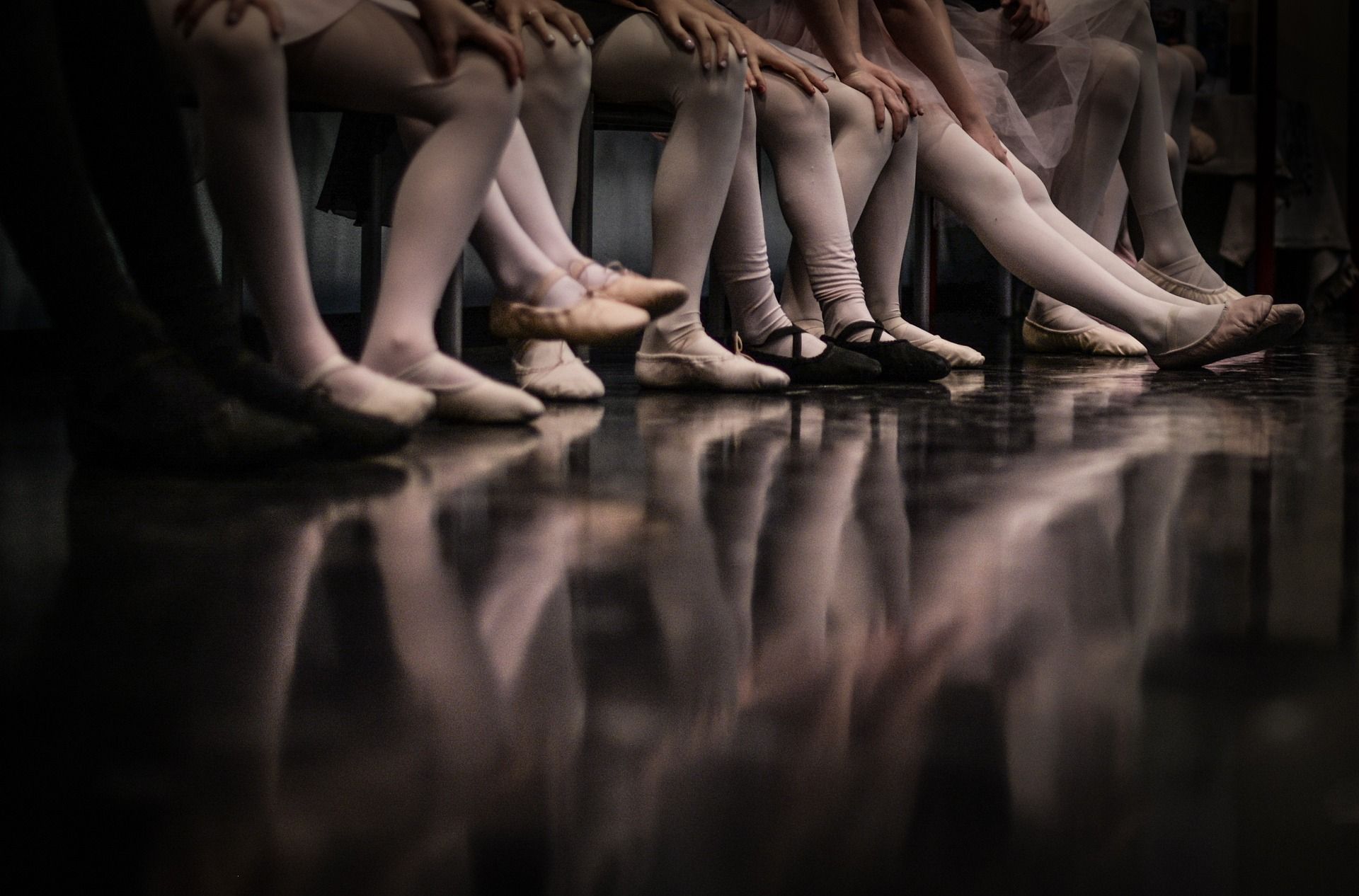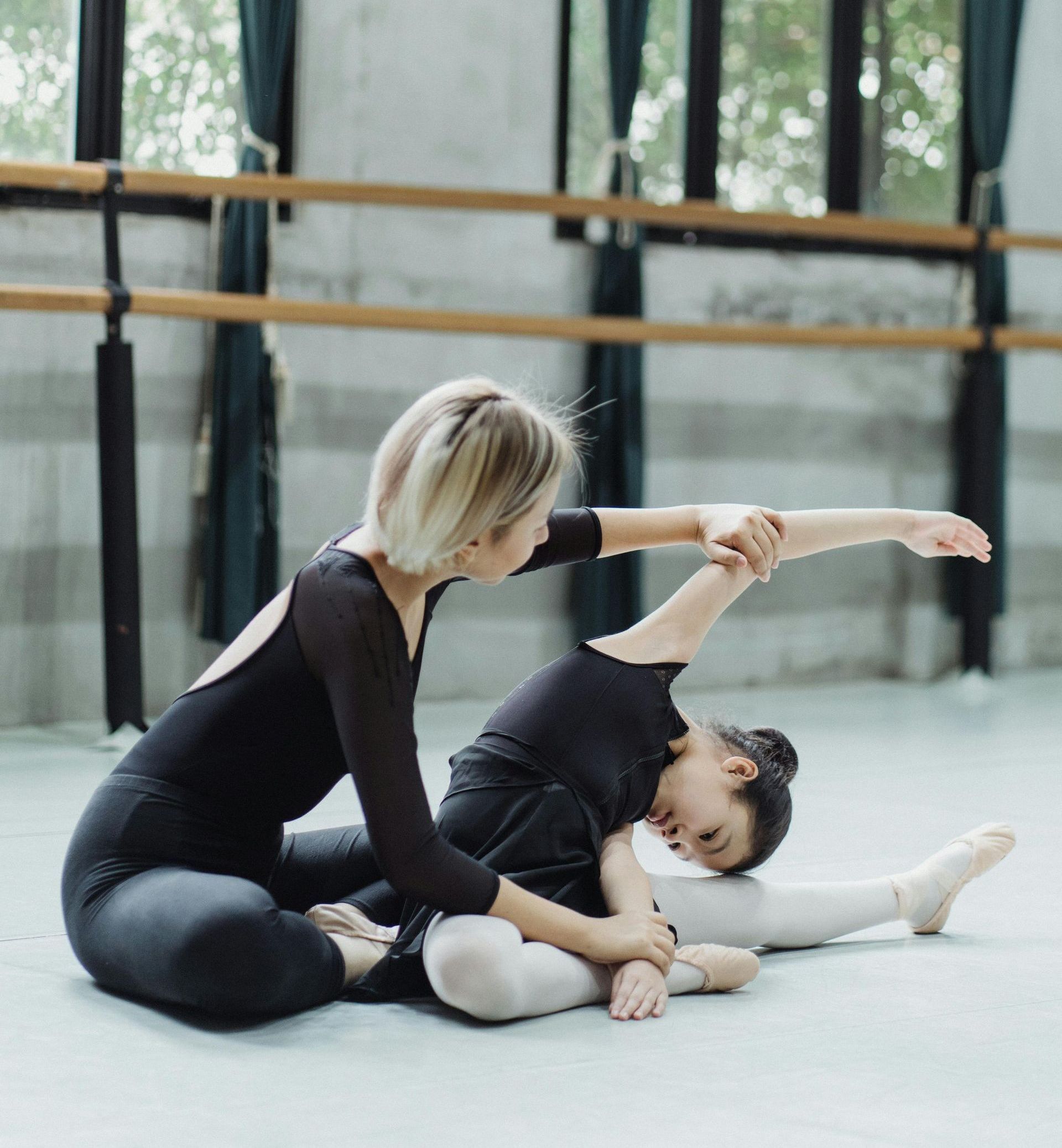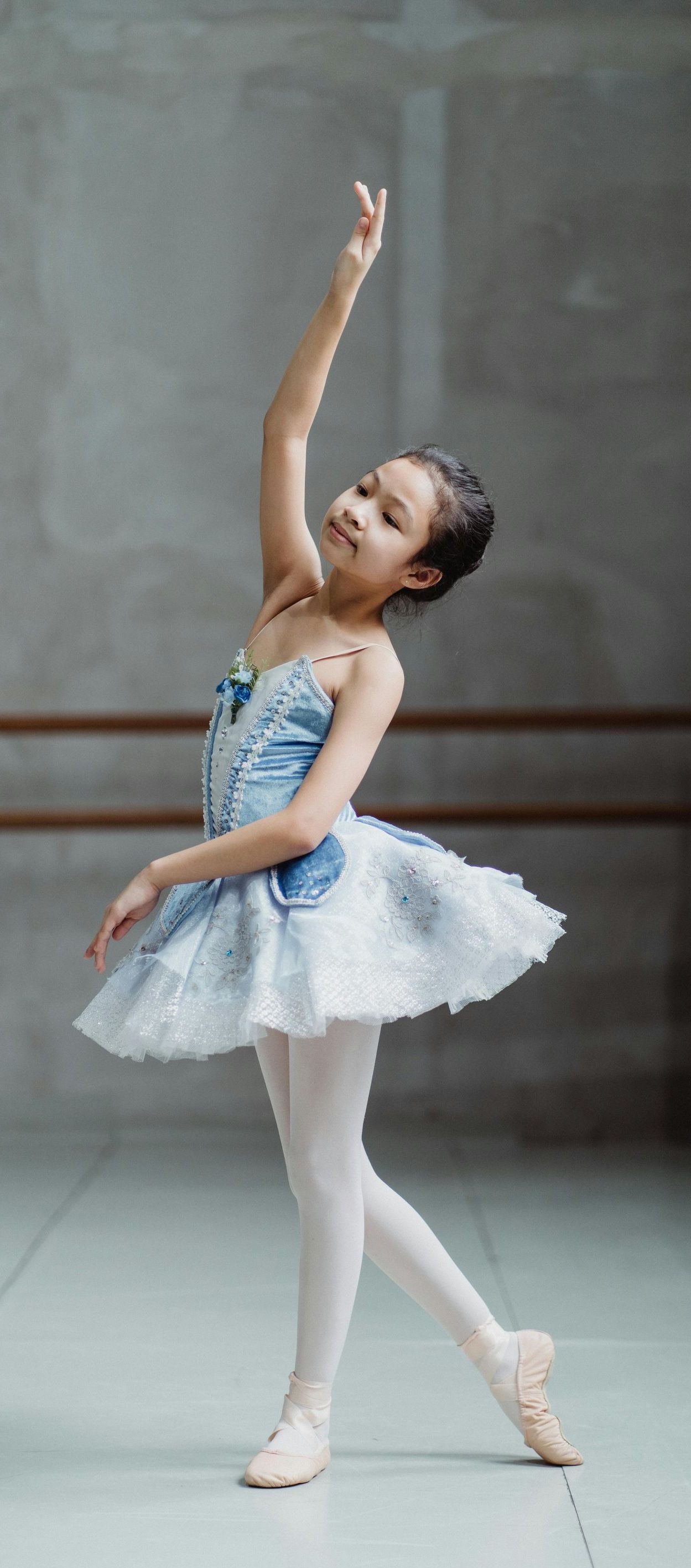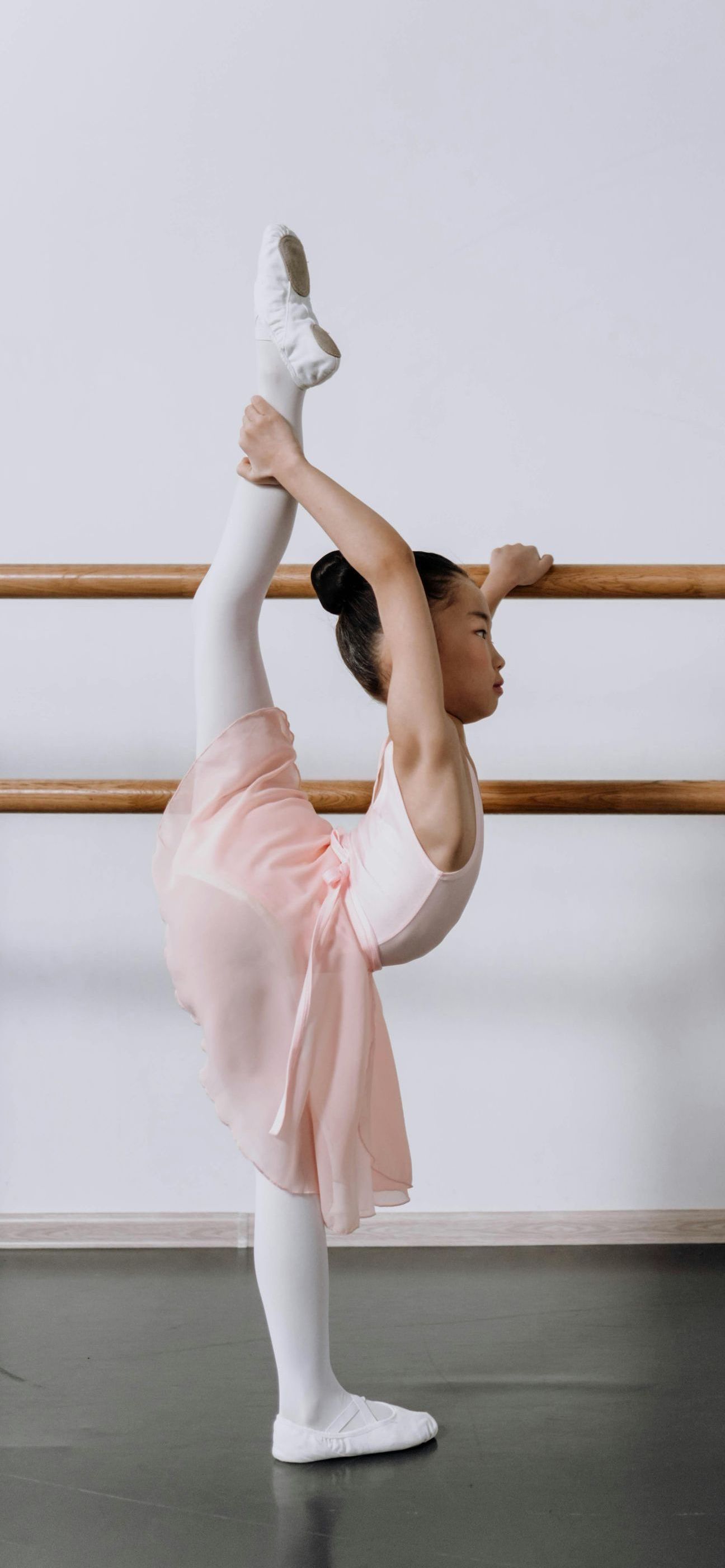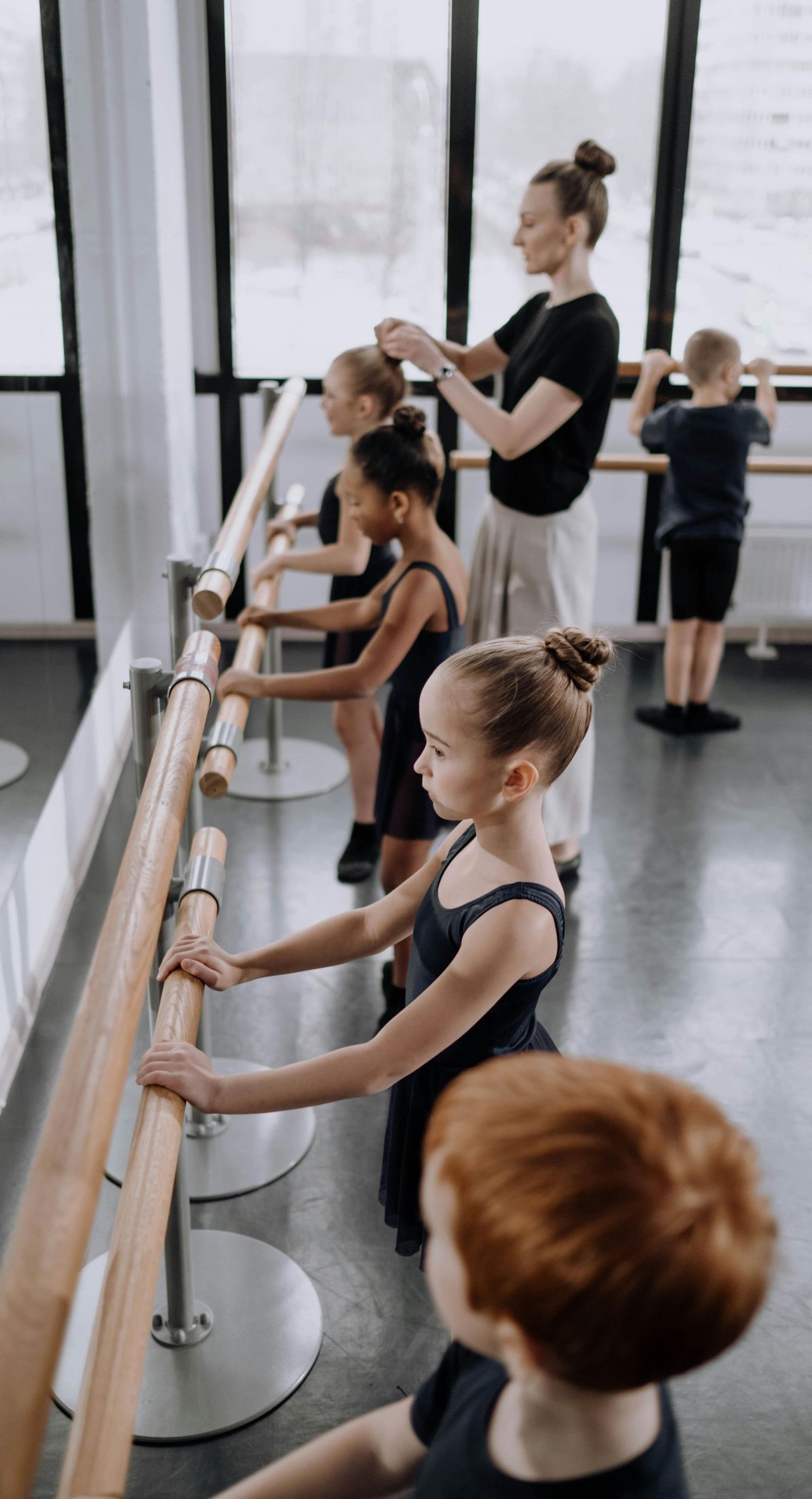The Benefits of Starting Ballet at a Young Age
Instilling Excellent Qualities at an Early Age
For aspiring dancers, beginning ballet training at a young age provides a solid foundation that can foster both physical and mental development. The American Academy of Ballet understands the significance of early ballet instruction, which is why we are committed to nurturing young dancers and setting them on the path to excellence. Ballet requires precision, discipline, and creativity—qualities that are best instilled from an early age.
At the American Academy of Ballet, our
Summer School of Excellence offers young students the opportunity to immerse themselves in a structured yet supportive environment, where they can cultivate not only their dancing skills but also key life lessons.
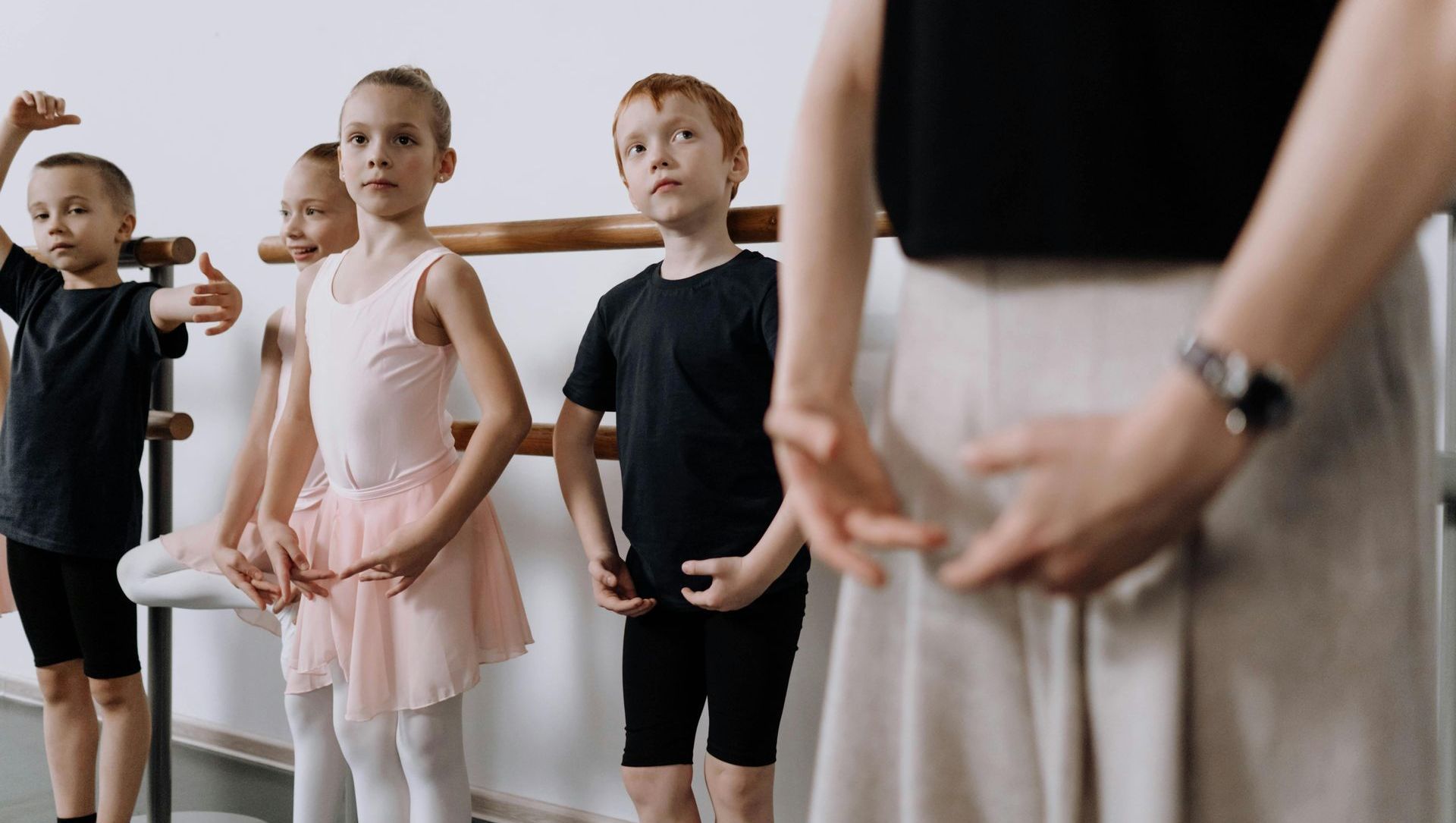
Building a Strong Physical Foundation
One of the primary benefits of beginning ballet at a young age is the
development of physical strength and flexibility. Ballet training promotes balance, coordination, and posture, which are crucial for overall physical health. Children’s bodies are
naturally more pliable, allowing them to develop the core muscles and joint flexibility that are essential to ballet. As they progress through training, young dancers gain muscle strength and endurance, which will serve as the bedrock for more complex movements as they grow older.
In addition, ballet
enhances motor skills by teaching control and precision in movement. This can translate to better performance in other physical activities and sports, making early ballet training an excellent complement to a child’s overall physical development.
Discipline and Focus
Ballet is known for its emphasis on
discipline. From a young age, children are taught to follow direction, concentrate on specific movements, and perfect their technique over time. These practices encourage self-discipline, time management, and patience—skills that will benefit them in all aspects of life, whether in school, social situations, or future careers.
Students who start their ballet training young learn to take instruction from teachers, process feedback, and improve through constant practice. Ballet instills the importance of commitment and perseverance, teaching dancers that progress comes from consistent effort and dedication.
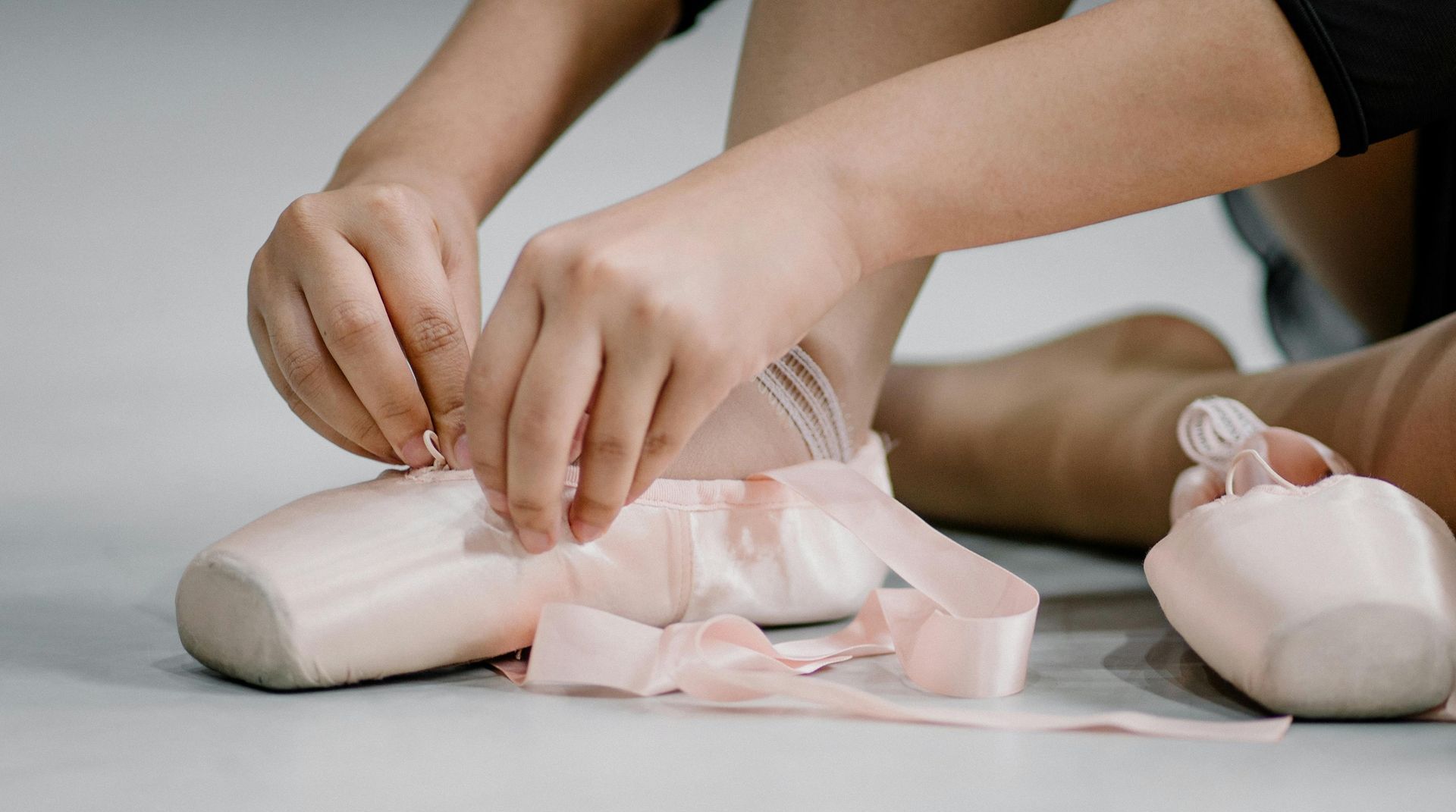
Creativity and Emotional Expression
While ballet is structured and technical, it is also an art form that celebrates creativity and self-expression. Children who begin ballet at a young age have a unique opportunity to connect with their emotions through movement. Ballet allows them to express joy, sadness, or any other emotion they may feel in a healthy, constructive way. This emotional intelligence is fostered in a safe environment, where young dancers learn to channel their feelings into their performances.
This creative expression is not only cathartic but also helps to build confidence. Dancers who start young often feel more comfortable in front of audiences as they grow older, an invaluable skill whether they pursue dance professionally or in any other endeavor.
Social Skills and Teamwork
Ballet classes offer a social experience that helps young children develop essential interpersonal skills. Working in a group setting allows dancers to build friendships, learn to collaborate, and practice teamwork. Whether it’s through group choreography or learning how to take turns, children are exposed to the values of cooperation and mutual respect.
By interacting with their peers in a ballet studio, young dancers learn how to handle praise, manage constructive criticism, and celebrate each other’s successes. These social lessons, reinforced in a positive environment, help shape well-rounded individuals capable of working in harmony with others.
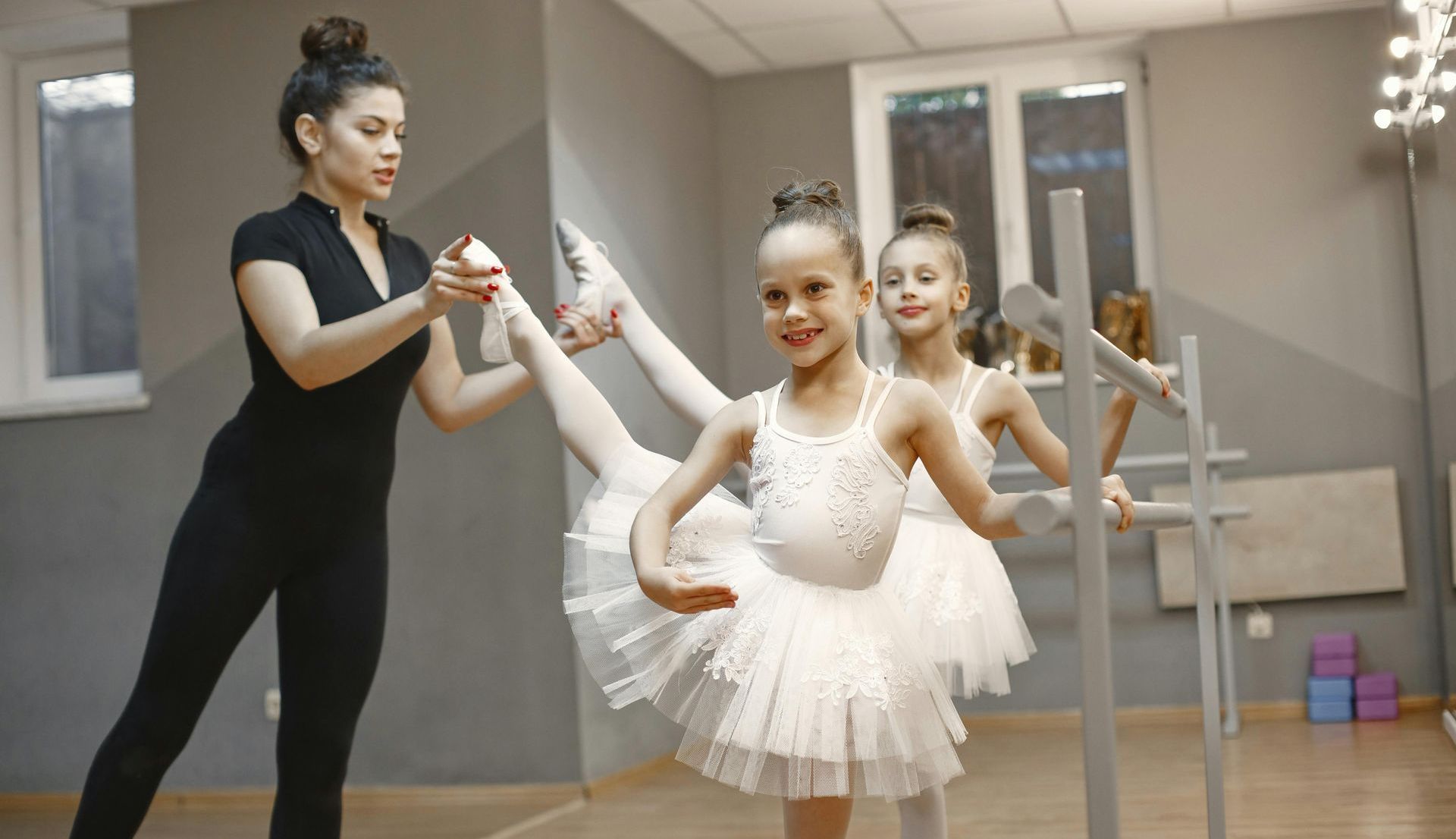
Long-Term Opportunities
Beginning ballet at a young age sets the stage for a future in dance, whether students pursue it as a career or simply as a passion. The American Academy of Ballet has a proud tradition of helping young dancers reach their full potential through programs like our Summer School of Excellence. With access to world-class instructors and comprehensive training, students receive expert guidance that can open doors to prestigious ballet schools, companies, and other professional opportunities.
The foundation of technical skills, discipline, and artistry learned early in life can serve as the stepping stones for a lifelong love of ballet or even a successful professional career.
Start Today
Starting ballet instruction at a young age offers a wealth of benefits, both inside and outside the studio. From physical development to emotional expression, early ballet training equips children with the skills and discipline necessary for success in life and dance. At the American Academy of Ballet, we are dedicated to helping young dancers achieve excellence through expert instruction and a nurturing environment. By enrolling in our Summer School of Excellence, students can take their first steps toward a promising future in ballet.


